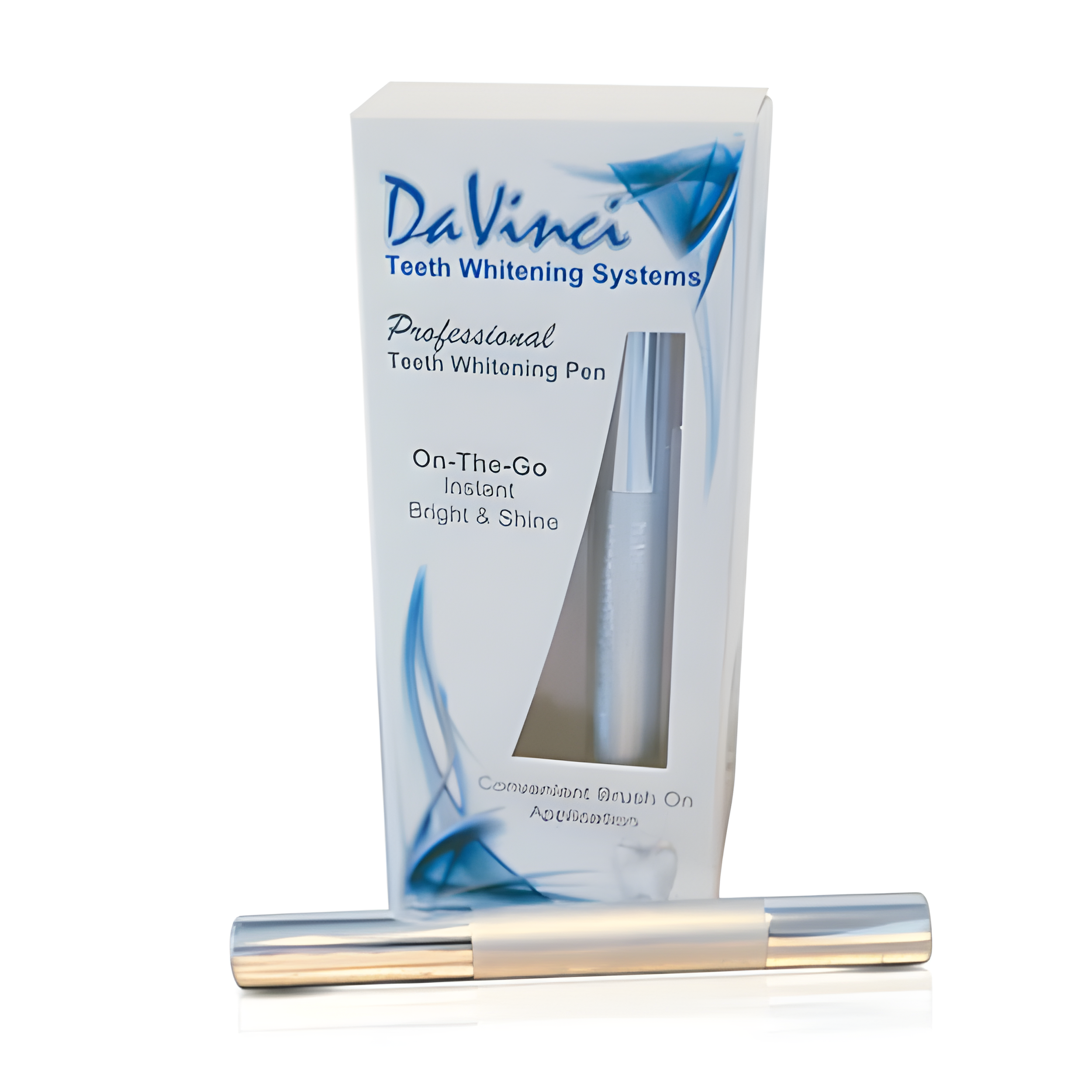Dental Work Recovery: Reduce Swelling Fast
The aftermath of dental work can be a daunting experience, especially when it comes to managing post-operative discomfort and reducing swelling. Swelling, in particular, is a common issue that can cause significant distress and affect daily activities. Fortunately, there are several strategies and techniques that can help alleviate swelling quickly and promote a smoother recovery.
Understanding Swelling After Dental Work
Swelling is a natural response to tissue injury, and dental procedures like tooth extractions, implants, or surgeries can trigger this reaction. The severity of swelling depends on various factors, including the complexity of the procedure, individual tolerance, and overall health. In some cases, swelling can be mild and temporary, while in others, it may be more pronounced and persistent.
Effective Ways to Reduce Swelling Fast
- Cold Compress: Applying a cold compress to the affected area can help constrict blood vessels and reduce swelling. Wrap an ice pack or a cold, damp cloth in a towel and apply it to the area for 15-20 minutes, with 30-minute breaks in between.
- Elevate Your Head: When resting or sleeping, elevate your head using extra pillows to reduce blood flow to the affected area. This simple technique can help minimize swelling and promote drainage.
- Saltwater Rinse: Rinsing your mouth with warm salt water several times a day can help reduce swelling and alleviate pain. Mix 1⁄2 teaspoon of salt with 8 ounces of warm water and swish it around your mouth for 30 seconds before spitting it out.
- Anti-Inflammatory Medications: Over-the-counter pain relievers like ibuprofen (Advil, Motrin) or acetaminophen (Tylenol) can help reduce swelling and alleviate pain. However, always follow your dentist’s instructions and consult with your doctor before taking any medication.
- Soft Food Diet: Stick to a soft food diet for the first few days after dental work to avoid irritating the affected area. Opt for foods like yogurt, soup, scrambled eggs, and mashed potatoes, which are gentle on the mouth and easy to chew.
Additional Tips for a Smooth Recovery
- Rest and Relaxation: Get plenty of rest and avoid strenuous activities, which can exacerbate swelling and prolong recovery.
- Stay Hydrated: Drink plenty of water to help your body recover and reduce swelling.
- Avoid Smoking: Smoking can slow down the healing process and increase the risk of complications.
- Follow Your Dentist’s Instructions: Attend follow-up appointments and follow your dentist’s instructions for post-operative care to ensure a smooth and complication-free recovery.
When to Seek Medical Attention
While some degree of swelling is normal after dental work, it’s essential to monitor your symptoms and seek medical attention if you experience:
- Severe swelling that worsens over time
- Increased pain or discomfort
- Difficulty breathing or swallowing
- Fever or chills
- Pus or discharge from the affected area
By following these tips and techniques, you can reduce swelling quickly and promote a smoother recovery after dental work. Remember to prioritize your oral health and seek medical attention if you experience any unusual symptoms or concerns.
How long does swelling typically last after dental work?
+Swelling usually subsides within 2-3 days after dental work, but it can take up to a week or more to fully resolve. The duration of swelling depends on the individual and the complexity of the procedure.
Can I use a heating pad to reduce swelling?
+No, it's recommended to avoid using a heating pad or warm compresses during the first 24-48 hours after dental work, as they can increase blood flow and exacerbate swelling. Instead, use cold compresses or ice packs to reduce swelling.
Are there any natural remedies that can help reduce swelling?
+Yes, some natural remedies like turmeric, ginger, and aloe vera have anti-inflammatory properties that may help reduce swelling. However, it's essential to consult with your dentist or doctor before using any natural remedies, especially if you have underlying health conditions or take medications.
By understanding the causes of swelling and implementing effective strategies to reduce it, you can promote a smoother recovery and get back to your daily activities sooner. Remember to prioritize your oral health and seek medical attention if you experience any unusual symptoms or concerns.

